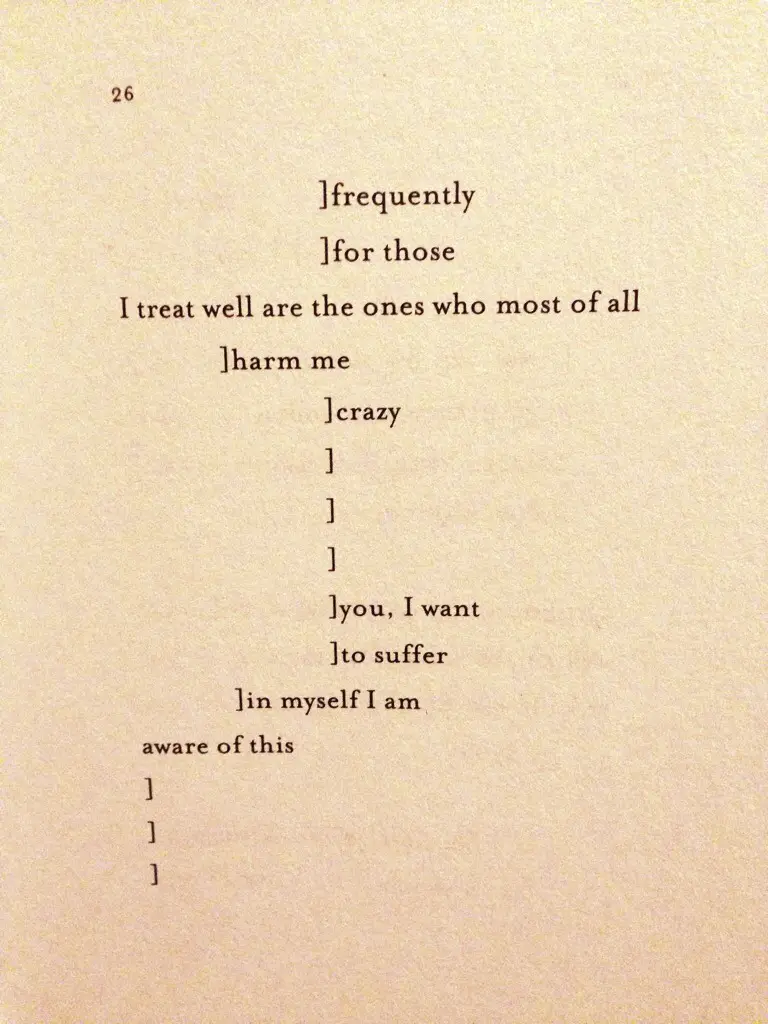

The rating is for Anne Carson's translation method rather than the poetry-the many brackets left me with a headache I suppose it just is not my style. I read this out of curiosity after reading Mary Barnard's translation a few months ago. The reader just has to imagine the accompaniment.

" Carson's saying, in effect, there are no missing words it's all there in the music. 59, where she's thrown all the Greek away but "for. You see this in her refraining from translating every word, i.e., reducing some relatively wordy fragments to one or two simple evocative nouns. I believe Carson has indeed deliberately taken this approach. Taking this approach as a reader, I found the resulting experience very natural, musical, and lifelike, and the missing words no problem (it's as if they're not missing at all, but just unable to be made out at present because of distance and/or local acoustic conditions). What's great about that is that the fragmentary poems (i.e., all but one or two) can be "heard" as if from a distance, say, from across a courtyard or several rooms away, so it's as if because of acoustics you can only pick up a few words. My reading experience of it was to hear the poems as sung to imaginary lyre accompaniment.

Carson's Sappho is to my mind very, very brilliant. Complete with Carson's introduction and notes, it will become the standard translation of Sappho for our time.Ms. IF NOT, WINTER gives us an extraordinary ancient poet brought alive by a brilliantly empathetic contemporary poet. In IF NOT, WINTER, Carson presents all the extant fragments of Sappho's verse, employing brackets and white space to denote missing text - allowing the reader to imagine the poems as they were written.Ĭarson says of her method of translation: 'I like to think that, the more I stand out of the way, the more Sappho shows through.' And certainly her translation illuminates Sappho's reflections on love and desire, her companions and rivals, the goddess Aphrodite, her own daughter, Kleis. From the critically acclaimed poet and classicist Anne Carson: a brilliant new translation of the work of Sappho, together with the original Greek.ĭuring her life on the island of Lesbos, Sappho is said to have composed nine books of lyrics.


 0 kommentar(er)
0 kommentar(er)
